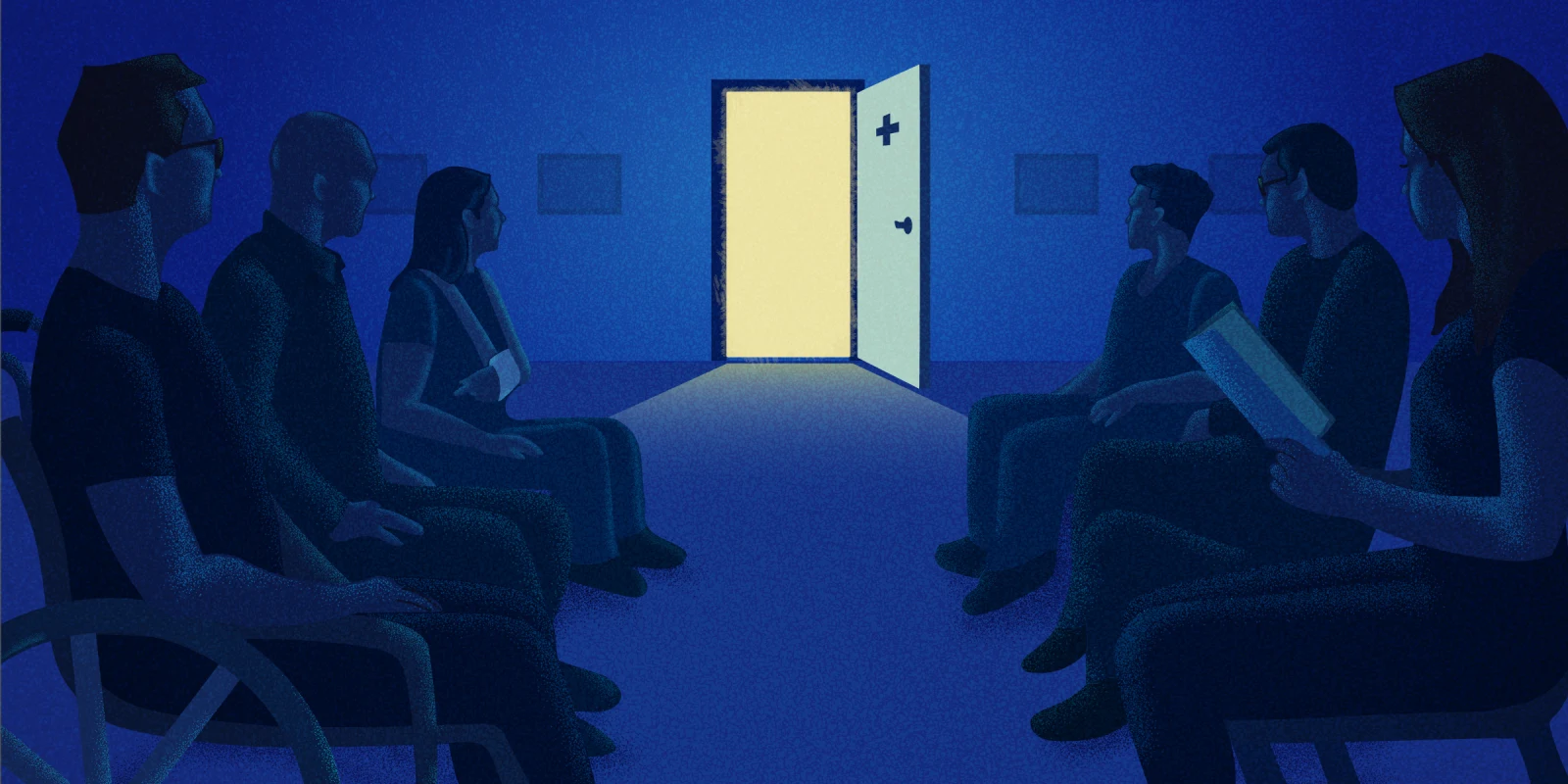As I flew home two days before my mother’s hip replacement, I was quite confident. She was getting an anterior hip replacement, a fairly common orthopaedic procedure done by a well-known orthopaedic surgeon in my hometown. After an entire surgery rotation and half of an internal medicine rotation, I figured medicine had toughened me up quite a bit. After 3 a.m. wake ups, overnight call, and helping a team juggle a list of 20 patients, my job at home seemed like it would be quite straightforward: What could be so hard about waking up early, driving 30 minutes, and helping out my mother with basic tasks until neighbors could help pick up the slack?
The day of the operation, we pulled into the hospital parking lot well before the break of dawn. I was no stranger to waking up early, but this felt different. As a medical student, I would be rushing into the hospital at this time in my scrubs with a long mental checklist of tasks to complete before pre-rounding with my team at 6 a.m. When I stepped into the hospital before, my role was always defined. I quickly realized that all of my knowledge about what happens behind the scenes of a surgical team was not the least bit helpful to my usually gregarious mother who was now eerily quiet. My mother and I sat in silence in the waiting room, bathed in harsh yellow fluorescent light that seemed to give everything a tint of jaundice. I must have picked up and put down at least five different out-of-date magazines in the time we waited for my mother to be called back. I was relieved when the nurse finally came out and called out my mom’s name. When we walked back to the pre-op area, I finally saw a place that looked familiar. That comfort didn’t last long: I sat awkwardly like a lump in the corner as the anesthesiologist poked his head in and the incision site was marked and initialed. My feet felt wooden as my mom was wheeled down the hall and I was given vague directions to the patient waiting area.
I tried to curl up in the ugly wooden chairs and occupy myself by envisioning what was going on in the OR. The lack of information, however, felt overwhelming. Was the surgeon running late? Did the circulating nurse have all the tools ready?
I tried to picture my mom’s face where I had seen so many other patients lie on the operating table but I just couldn’t think about her in the same way. While I cared about all the patients I had seen on the wards, they still felt at least one step removed from me, since I was a member of their care team. During surgeries, once the drapes were aligned properly, patients’ faces disappeared and in that moment, they became no more than the body upon which the attending was operating. Cholecystectomy patients became Triangles of Calot, colostomy patients became their long winding tubes of intestine. Try as I might, I couldn’t picture my mother in the same light. I couldn’t focus on a single podcast that I had downloaded for the wait, and eventually fell asleep waiting for word from the OR on two chairs that I had put together into a makeshift bed.
Fortunately, my mother’s surgery went well and her recovery was relatively speedy. Still, caring for her immediately post-surgery was more difficult than I had expected. I had helped patients ambulate down the hallway during their stays, but I had never been awakened four times in a night in order to support my mother from her bed to the toilet. When before I could blithely write “PT/OT,” now I was experiencing just a small taste of many patients’ families’ daily lives.
On my flight back to school, I couldn’t help but think of all the dismissive comments that I had heard about “difficult families.” From the way nurses pre-warned our teams about certain rooms to walking in and immediately sensing hostility, I caught myself often being annoyed when patient families frequently questioned treatment plans or expressed frustration that their loved one had barely improved since the last visit. Didn’t they know we were doing the best we could? I found myself huffing. If only they understood how complex medicine is.
Well, I’m pretty sure that even if they did have the benefit of medical education, how could you ever blame families for their emotions running high? That feeling of powerlessness and uncertainty about the fate of a loved one, even for something medically “routine” like a common surgery, is enough to send anyone into a tailspin. I am now more amazed by how gracious and understanding most families are. As physicians, we have the privilege of doing things when patients are admitted. We get to prescribe medications, give transfusions. We get to be active participants in care. We should remember that families get to have the special agony of waiting.
What did you learn when you were at the bedside of a loved one? Share your experiences in the comments.
Vicky is a MD/PhD student at UT Southwestern Medical Center currently in the process of obtaining her PhD in Biological Chemistry. Her areas of interest in writing include health policy, social determinants of health, and the intersection between basic science and the world of clinical medicine. When she's not in the lab, she enjoys reading, hiking, cooking, yoga, and hanging out with her dog, Dobby. Vicky is a 2021–2022 Doximity Op-Med Fellow.
Illustration by Diana Connolly







